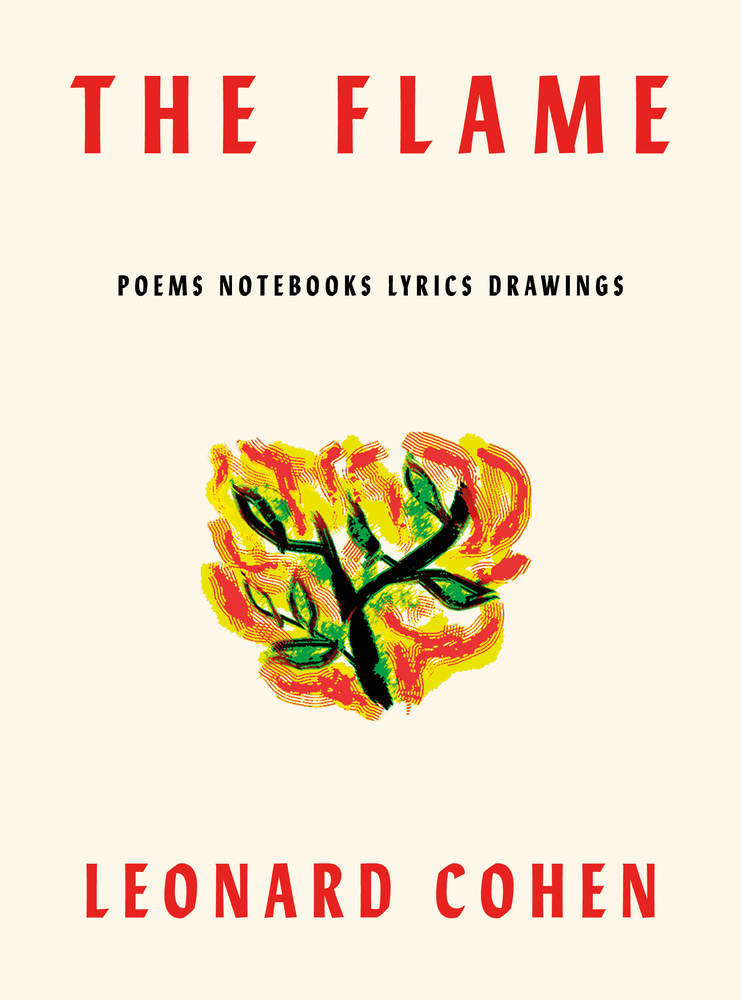



My own parents listened to Leonard Cohen when they were dating, and it's possible I wouldn't be here had they not fallen for each other while listening to those lyrics about Suzanne by the river in her rags and feathers. ( Hallelujah, one of Cohen's most beloved songs, took him 12 years and 84 verses to complete, according to his son.) Though Cohen may not have recognised it, there are quite a few similarities to be drawn between him and West as artists, most notably the propensity to edit and re-edit their own work, sometimes over the span of years. The poem feels a little slight, and somewhat politically tone deaf in its dismissal of the younger musician. And in a notebook entry from 2008: "All my prophecies/ were coming true/ I was old/ My work was done/ Then you began/ to undress for me/ on Skype."Īnd then there is the poem that went semi-viral on Twitter, in which Cohen writes, "Kanye West is not Picasso/ I am Picasso/ … I am the Kanye West of Kanye West/ The Kanye West/ Of the great bogus shift of bullshit culture/ From one boutique to another". "A slight chill in the air/ seemed to polish the sunlight/ and confer the status of beauty/ to every object I beheld … I am so grateful/ to my new anti-depressant," he writes in the poem Grateful. Much of Cohen's writing here feels timeless and elevated, so there is a surprising jolt of recognition when, on occasion, the pieces contain a more specific contemporary image or reference.

The tone is sometimes wistful, sometimes wry, but Cohen is always observant and amused, even when he is the butt of his own jokes. The themes are similar to those that thread and recur throughout Cohen's oeuvre: longing, love, prayer, desire, brokenness, spirituality and death. While his 2006 poetry collection Book of Longing was often concerned with the details of his day-to-day life, much of it written while Cohen was living at a Zen centre atop Mount Baldy in California, The Flame was conceived and compiled down the mountain, and it is more reflective than Cohen's earlier work. It also includes a selection of Cohen's self-portraits, some brief playful emails written shortly before he died, and a speech he gave in 2011 while accepting the Prince of Asturias Award in Spain. Edited by professors Robert Faggen and Alexandra Pleshoyano, The Flame is organised, as instructed by the author, into three sections: poetry, lyrics and notebook entries.


 0 kommentar(er)
0 kommentar(er)
